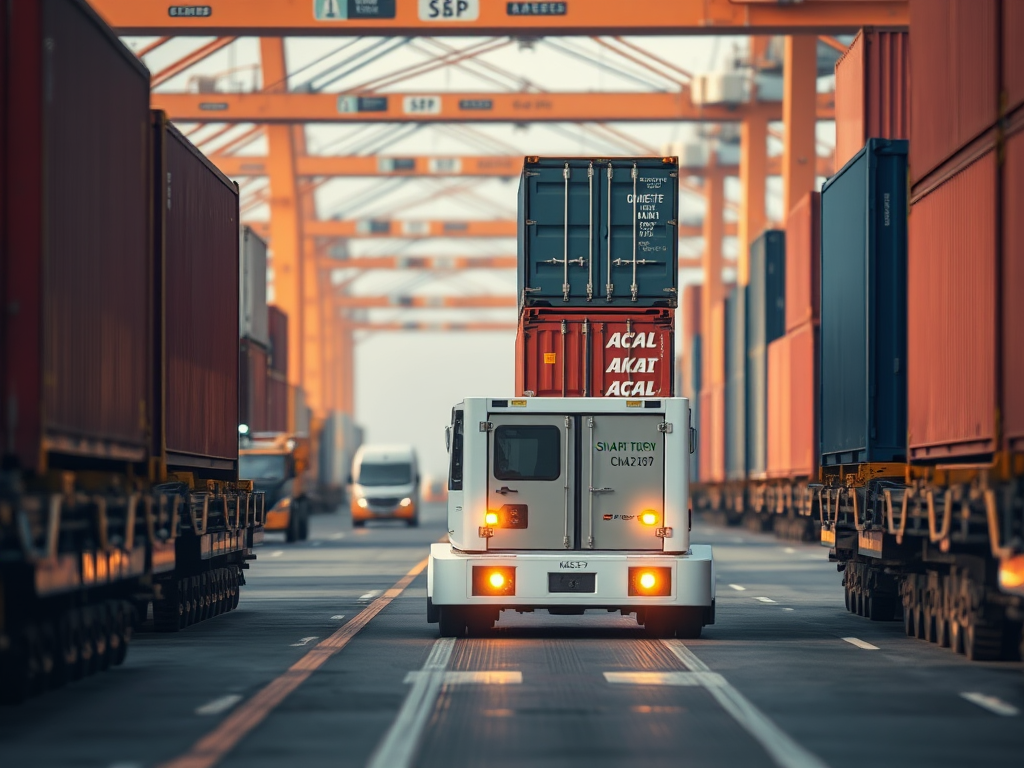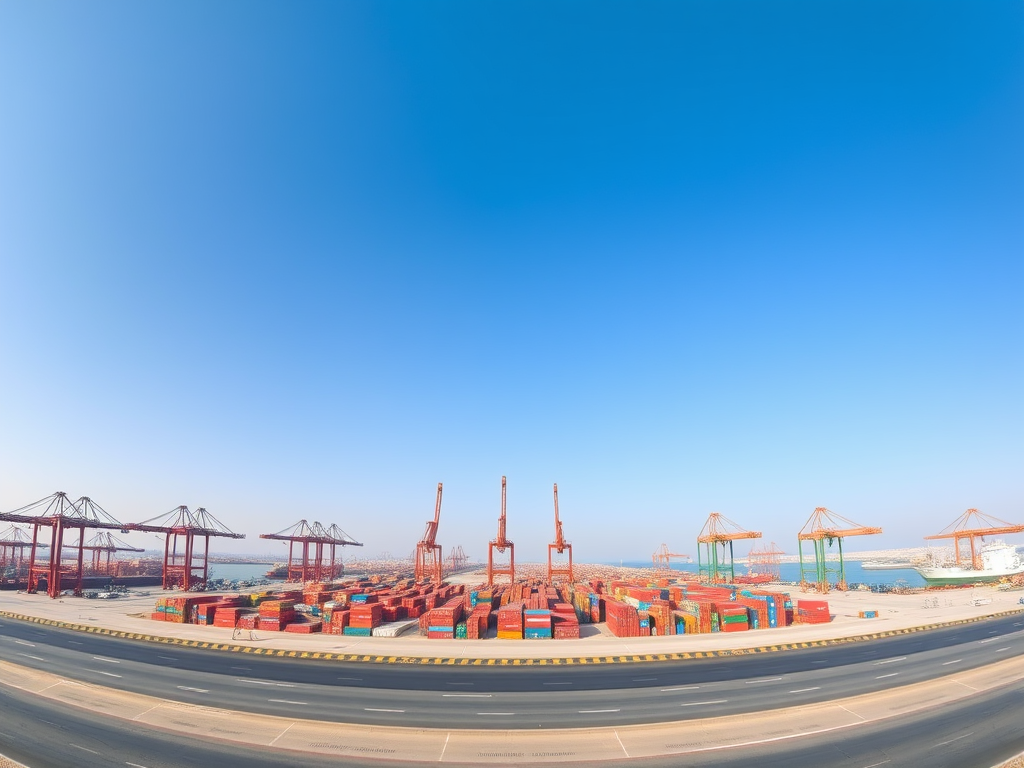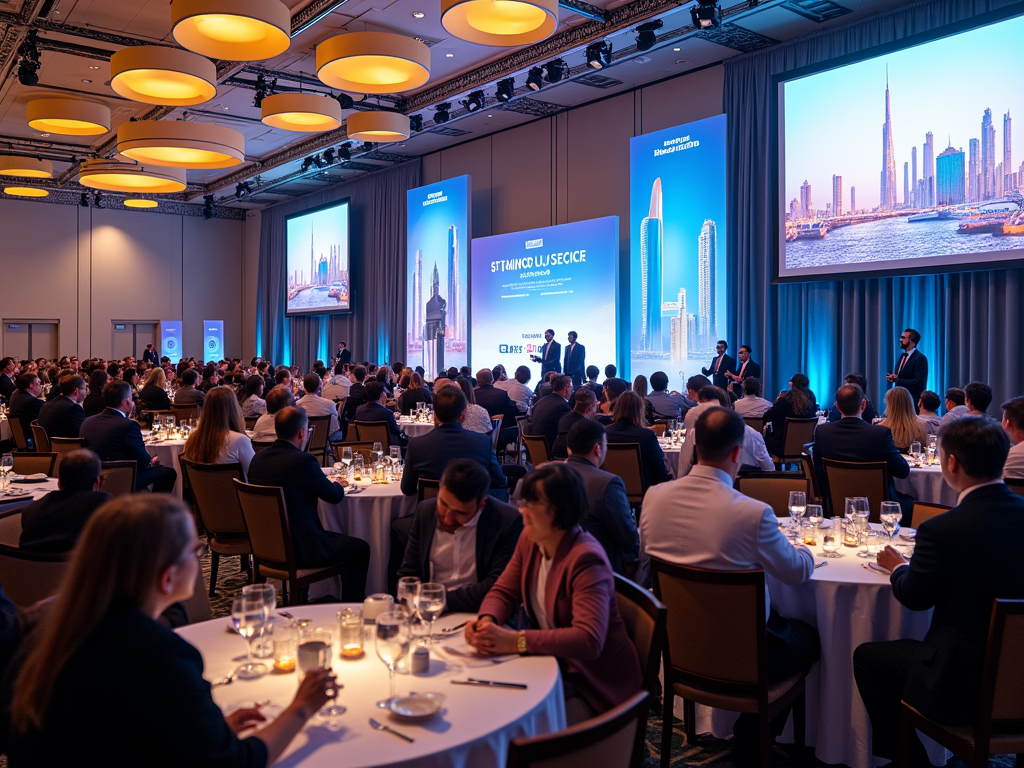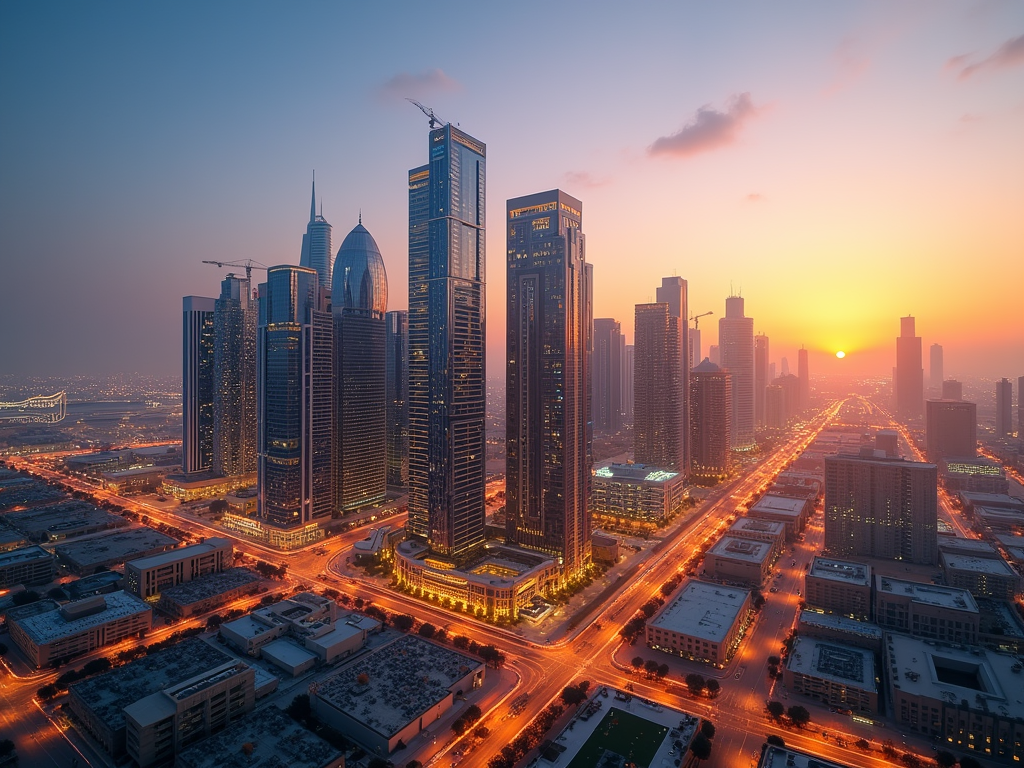Dubai’s Smart Ports play a pivotal role in enhancing trade efficiency, leveraging advanced technology to streamline logistics, reduce turnaround times, and foster seamless connectivity. These ports, integrated with digital solutions, facilitate real-time data tracking and improve communication between various stakeholders in the supply chain, ensuring that goods move faster and more efficiently across borders. By embracing innovative technologies like IoT, AI, and blockchain, Dubai’s Smart Ports exemplify a modern port system designed to meet the growing demands of global trade.
Understanding Dubai’s Smart Ports

Dubai’s Smart Ports are not just traditional ports; they are advanced logistical ecosystems that incorporate cutting-edge technology for improved operational efficiency. These ports focus on automating processes, improving cargo handling capabilities, and ensuring real-time communication among stakeholders, which significantly enhances the entire supply chain. The smart initiative is underpinned by key technologies that optimize port operations, thereby reducing costs and transit times. Key components of Dubai’s Smart Ports include:
- Real-time data tracking: Utilizing IoT sensors to track container movements and supply chain status in real-time.
- AI-driven analytics: Employing artificial intelligence to predict demand patterns and optimize resource allocations.
- Blockchain solutions: Ensuring transparency and security in transactions and cargo handling.
- Automated logistics: Implementing automated guided vehicles (AGVs) for efficient container transportation.
- Digital platforms: Offering integrated platforms for stakeholders to manage shipments and monitor progress collaboratively.
Integration of Technology and Logistics

The integration of technology in Dubai’s Smart Ports creates a digitally enhanced logistical landscape that offers several advantages. The use of Internet of Things (IoT) devices allows port operators to monitor cargo conditions and movements without delays, ensuring that shipments are tracked throughout their journey. Furthermore, port authorities can now employ AI algorithms to analyze shipping trends and predict potential bottlenecks before they occur. This proactive approach minimizes downtime and enhances throughput, which leads to faster processing times. Notably, Smart Ports also utilize big data analytics to optimize resource allocation, allowing for efficient vessel berthing and cargo loading processes. By embracing such technological innovations, Dubai’s ports position themselves at the forefront of global trade efficiency.
The implementation of Smart Port technology in Dubai contributes significantly to trade efficiency through various benefits. Some notable advantages include:
- Reduced turnaround times: Streamlined operations lead to quicker ship unloading and loading processes.
- Increased throughput: Enhanced cargo handling capabilities allow ports to manage larger volumes of trade.
- Cost savings: Automation and real-time monitoring reduce operational costs, which can be passed on to consumers.
- Environmental sustainability: Smart Ports promote eco-friendly operations by reducing emissions and energy consumption through optimized logistics.
- Improved collaboration: Unified digital platforms foster better communication among stakeholders, enhancing overall supply chain effectiveness.
Impact on Global Trade Dynamics
Dubai’s Smart Ports are transforming global trade dynamics by setting new standards for efficiency and reliability in maritime logistics. With strategic geographical positioning combined with state-of-the-art port technology, Dubai serves as a crucial hub for international trade. The ports facilitate smooth intercontinental connectivity, serving not only regional trade routes but also connecting Asia, Africa, and Europe. By improving trade efficiency, Dubai significantly enhances its competitive edge in the global marketplace while attracting more businesses to utilize its logistics capabilities. This boost in trade not only benefits the stakeholders involved but also contributes to Dubai’s overall economic growth and diversification objectives.
Conclusion
In conclusion, Dubai’s Smart Ports play an instrumental role in boosting trade efficiency through technological advancements that streamline operations and enhance connectivity among various stakeholders. By integrating smart solutions, the ports have not only transformed their operational capabilities but have also redefined how global trade functions. As the world increasingly moves toward digitization, Dubai’s commitment to maintaining its status as a leading trade hub will continue to be reinforced through its Smart Ports strategy. The advantages provided by this approach not only position Dubai favorably on the global stage but also pave the way for a sustainable and efficient trading future.
Frequently Asked Questions
1. What are Smart Ports?
Smart Ports are modern maritime hubs that integrate advanced technology such as IoT, AI, and blockchain to improve operations, enhance logistics, and streamline trade processes.
2. How has Dubai’s Smart Ports improved turnaround times?
By automating logistics and employing real-time data tracking, Dubai’s Smart Ports have significantly reduced delays in loading and unloading cargo, improving overall turnaround times.
3. What technologies are utilized in Dubai’s Smart Ports?
Key technologies include IoT for real-time tracking, AI for predictive analytics, blockchain for secure transactions, and automated systems for cargo handling and transportation.
4. How do Smart Ports benefit global trade?
Smart Ports enhance global trade by increasing throughput, reducing shipping costs, improving time efficiency, and facilitating better collaboration among stakeholders.
5. What impact do Smart Ports have on the environment?
Smart Ports foster environmentally sustainable practices by optimizing logistics to reduce emissions and energy consumption, contributing to greener trade practices.


